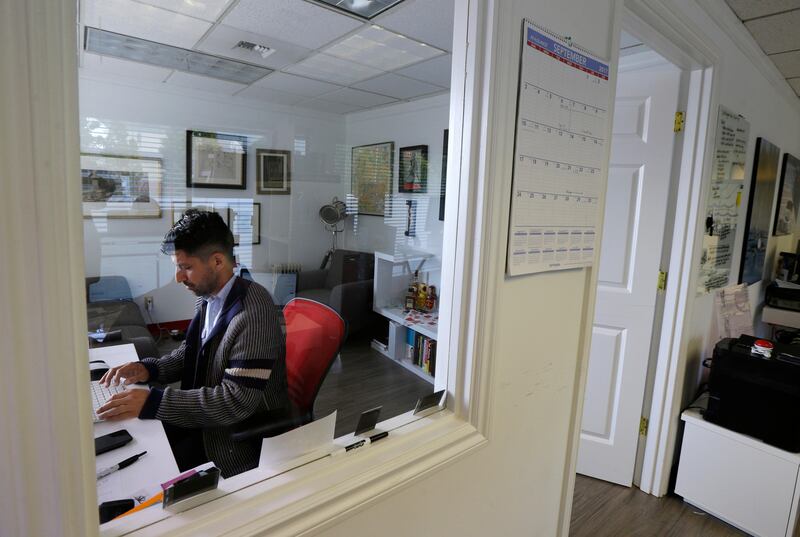Nearly half of the talent in the Middle East and North Africa (Mena) region is not being fully utilised, according to a new report by the World Economic Forum (WEF).
The global average shows nations neglecting 38 per cent of its talent , with Mena's average standing around 44 per cent, according to the study that measures the economic value of an employee's skill set.
WEF ranked 130 countries on how well they were developing their human capital on a scale from zero to 100 (best) across four sectors: capacity, deployment, development and know-how.
Two GCC countries, including the UAE (45) and Bahrain (47), outperform the rest of the Arab countries in terms of human capital development. The WEF said that these countries benefit significantly from the “strong perceived quality of their education systems”.
The term human capital, coined by American economist Theodore Schultz, is based on measurements that determined that not all labour is equal. Mr Schultz believed that human capital was similar to any other capital - investing in education and training leads to more valuable assets.
Simply, the term points to the discrepancies of believing a work force is used to the best of its abilities based on the economic standing. For instance, offering cheap labour to entice big industries to set up shop does not signal a developed talent pool.
Yet the WEF report noted that the Mena region is the “most disparate regions in the index”, spanning three income group levels and ranging in scores from those that are in line with high-income economies to those more in line with the worst performing.
Saudi Arabia, the region's largest economy, came in at 87 while the most populated Arab country, Egypt, was at 97. This highlights that economic factors alone are an inadequate measure of a country's ability to successfully develop its human capital.
The report said: “Even with similar levels of upfront educational investment, on-the-job-learning is critical for generating returns on the initial investment as well as ensuring that people’s skills grow and appreciate in value over time.”
One way to help increase skills is to offer programmes such as internships, but that area remains under-developed in the region.
“More direct interaction needs to take place between academic institutions and public/private sector companies,” said Amer Farid, director of Dubai-based Hatch Consulting. “This would allow the companies to easily identify appropriate resources from the talent pool.”
His company controls various business ventures ranging from energy to food and beverage.
“For one of my businesses, I had two interns but didn’t have time to create a programme,” he said. “However, universities could help formulate an internship curriculum to fill this gap.”
This is vital given the importance that the UAE is placing on accelerators and start-ups.
Creating a new business, no matter how novel or old the idea, typically means running an operation on a very tight budget.
Mr Farid said by creating a platform for interns which is also accessible for small businesses would be a win-win scenario. "There should be more of a focus on bringing interns into these industries, helping SMEs fill a gap while providing a learning experience. This is also particularly relevant for many of the home grown F&B startups as well, given hospitality is a large sector in the UAE and (the) greater region," he said.





